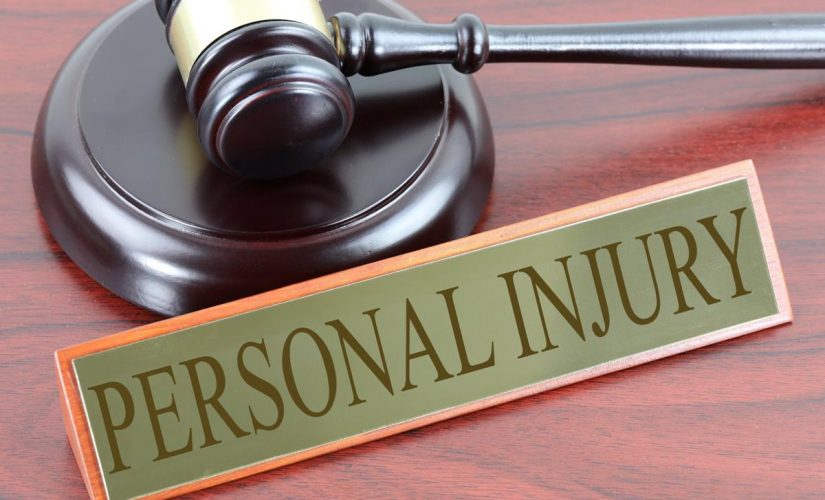Medical Malpractice Resulting in Death: A Grave Concern
Medical malpractice is a serious issue that has been plaguing the healthcare industry for years. It refers to a situation where a healthcare professional, through a negligent act or omission, causes injury or death to a patient. The negligence might stem from errors in diagnosis, treatment, aftercare, or health management. This article delves into the grim reality of medical malpractice resulting in death, its causes, consequences, and potential solutions.
The Magnitude of the Problem
According to a study by Johns Hopkins, medical errors are the third leading cause of death in the United States, claiming over 250,000 lives annually. This alarming statistic underscores the severity of medical malpractice and its devastating impact on patients and their families.
Causes of Medical Malpractice
- Insufficient Knowledge: Sometimes, healthcare professionals lack the necessary knowledge or skills to perform certain procedures, leading to fatal errors.
- Communication Failures: Miscommunication between healthcare professionals can result in incorrect or delayed treatment.
- Systemic Issues: Overworked staff, inadequate resources, and poor hospital management can contribute to medical malpractice.
Consequences of Medical Malpractice
Medical malpractice can lead to severe physical, emotional, and financial consequences. The loss of a loved one is a devastating experience, and when it is due to preventable medical errors, the grief is compounded by feelings of anger and betrayal. Moreover, the financial burden of medical bills and potential litigation can be overwhelming.
Preventing Medical Malpractice
Preventing medical malpractice requires a multi-faceted approach. This includes improving communication among healthcare professionals, providing ongoing training and education, implementing robust quality control measures, and fostering a culture of accountability.
Legal Recourse for Victims
Victims of medical malpractice, or their families, can seek legal recourse through a malpractice lawsuit. This can provide compensation for medical bills, loss of income, pain and suffering, and other damages. However, these cases can be complex and require expert testimony to prove negligence.
Conclusion
Medical malpractice resulting in death is a grave issue that demands urgent attention. While the healthcare industry has made significant strides in improving patient safety, there is still much work to be done. It is crucial for healthcare providers to acknowledge and address this problem, and for patients and their families to be aware of their rights and legal options.







